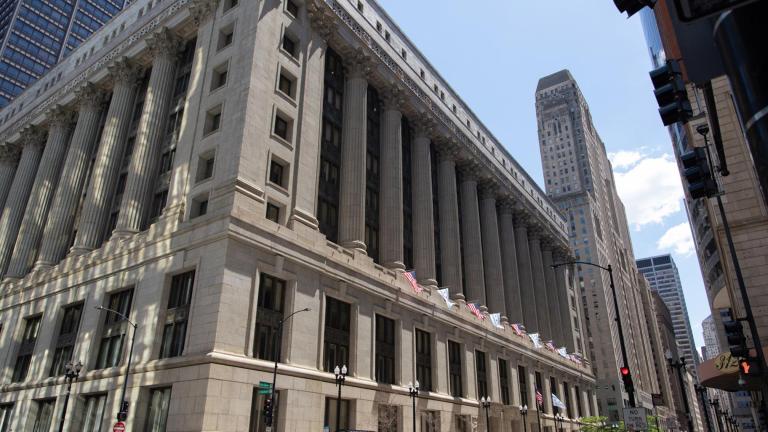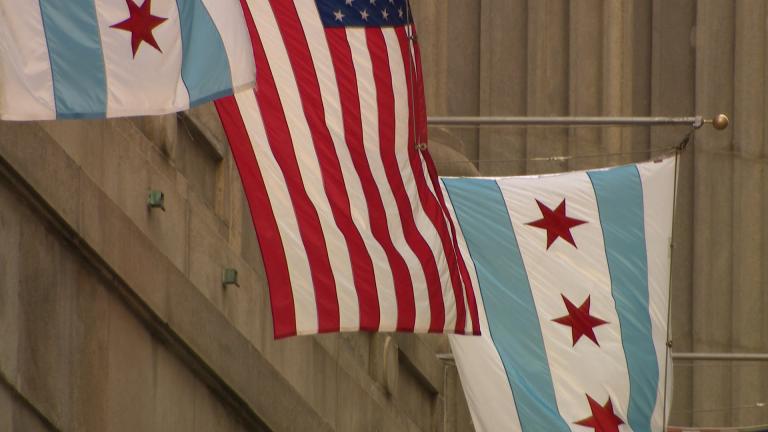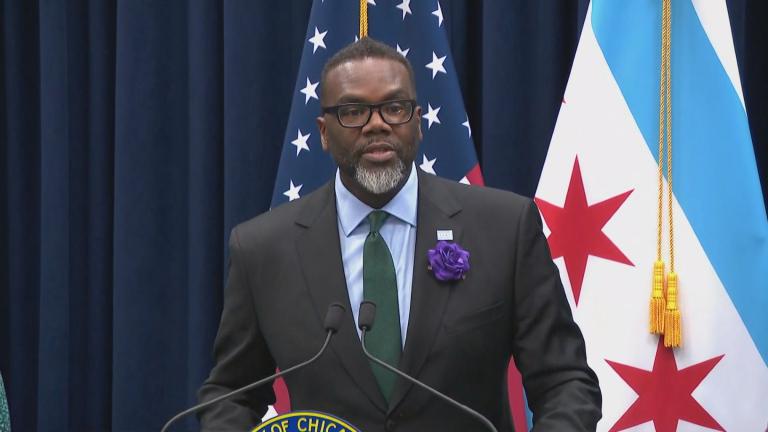Candidates aiming for their shot at serving as Chicago’s next mayor had until 5 p.m. Monday to turn in the paperwork that will get them on the ballot – paperwork that includes the signatures of at least 12,500 registered Chicago voters.
It’s a seemingly rudimentary task, but one rife with rules.
The ability of candidates to withstand expected challenges from rivals as to the validity of their signatures could significantly narrow the wide field.
“Some of them are simple, some of them are complex,” elections board spokesman Jim Allen said of objections. “So some of them get into challenging the legality of hundreds if not thousands of signatures on a petition, and we have to go through a process of reviewing the voter records against the signature line by line, based on the objection.”
In 2011, 20 candidates filed to run for mayor; by Election Day, only six remained.
According to a preliminary list compiled by the Chicago Board of Election Commissioners, 21 candidates filed to run for mayor for the upcoming election on Feb. 26 (a runoff between the top two vote-getters is set for April 2):
Willie Wilson
Toni Preckwinkle
Paul Vallas
Jerry Joyce
Catherine Brown D’Tycoon
Conrien Hykes Clark
William M. Daley
Garry McCarthy
Dorothy Brown
Gery Chico
Sandra Mallory
Susana Mendoza
Amara Enyia
La Shawn Ford
Neal Sales-Griffin
Lori Lightfood
John Kozlar
Bob Fioretti
Ja’Mal Green
Roger Washington
Richard Mayers
Ford said he won’t challenge anyone else’s paperwork.
“I don’t think that’s good democracy,” he said. “I think that if they have signatures that means that some people want them on the ballot and it’s unfortunate that we would play politics with all of the people that signed petitions.”
Don’t expect every candidate to adopt an “all-in” battle stance: There’s no better way to ensure an opponent loses than to prevent them from making it on the ballot in the first place.
Daley proposes that in the future, the signature requirement be lowered and that Chicago residents be able to sign more than one petition (signing multiple petitions is another no-no in the officially non-partisan mayor’s race, as technically only the first petition signed counts).
“We should not make it so hard to run. This is all about politicians trying to protect their jobs,” Daley, who submitted 45,000 signatures, said in a statement.
Chico, who like Daley and Ford filed his petitions Monday, said he stands by the current requirement for 12,500 signatures, saying he believes there should be “rigor” in the process.
But he embraces the notion of allowing voters to sign petitions, to enable multiple candidates making it onto the ballot.
“This is democracy,” he said. “This isn’t a vote so we’re not implicating the Constitution: ‘one person, one vote.’ So I think just to put people on the ballot … I believe in ballot access, I think that’s a healthy thing for our society.”
Mendoza filed a 14-inch stack of petitions with about 25,000 signatures – double the amount required, but less than the conventional wisdom of filing at least triple the required figure so there are plenty left should thousands be ruled ineligible in a challenge.
“It feels great. This is a huge step, it’s not one that I entered into lightly,” Mendoza said. “You need 12,500 good ones, right? And that’s the number we were shooting for.”
Mendoza officially entered the race just weeks ago, on Nov. 14 – just over a week after she won a second term on Nov. 6 as Illinois’ comptroller. She said Monday that she’d have been able to collect more signatures if she’d had more time, however, volunteers were doing that on her behalf even before she announced her candidacy for mayor.
Enyia, who also turned in her forms Monday, said she’s learned lessons after having to drop out of the 2014 mayoral contest.
“We knew that we’d be under scrutiny, but that’s why we worked really hard. We were creative and innovative with the ways we collected our signatures. We were very clear with people that circulated so that we could have an airtight process,” Enyia said.
The objection process can take weeks, so while Monday was the deadline for filings, it will likely be awhile before Chicago voters will learn their true options for mayor.
Follow Amanda Vinicky on Twitter: @AmandaVinicky
Related stories:
The Race Begins: Mayoral, Aldermanic Candidates File to Run for Office
Political, Financial, Housing Issues Face Next Mayor, City Council








